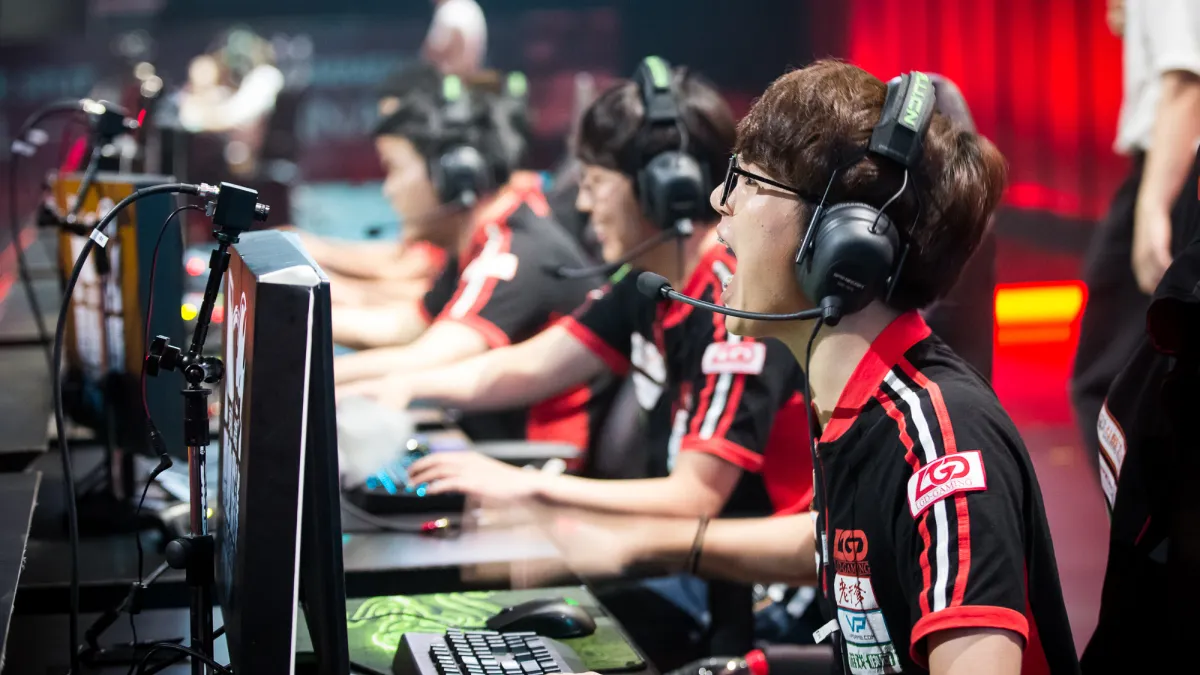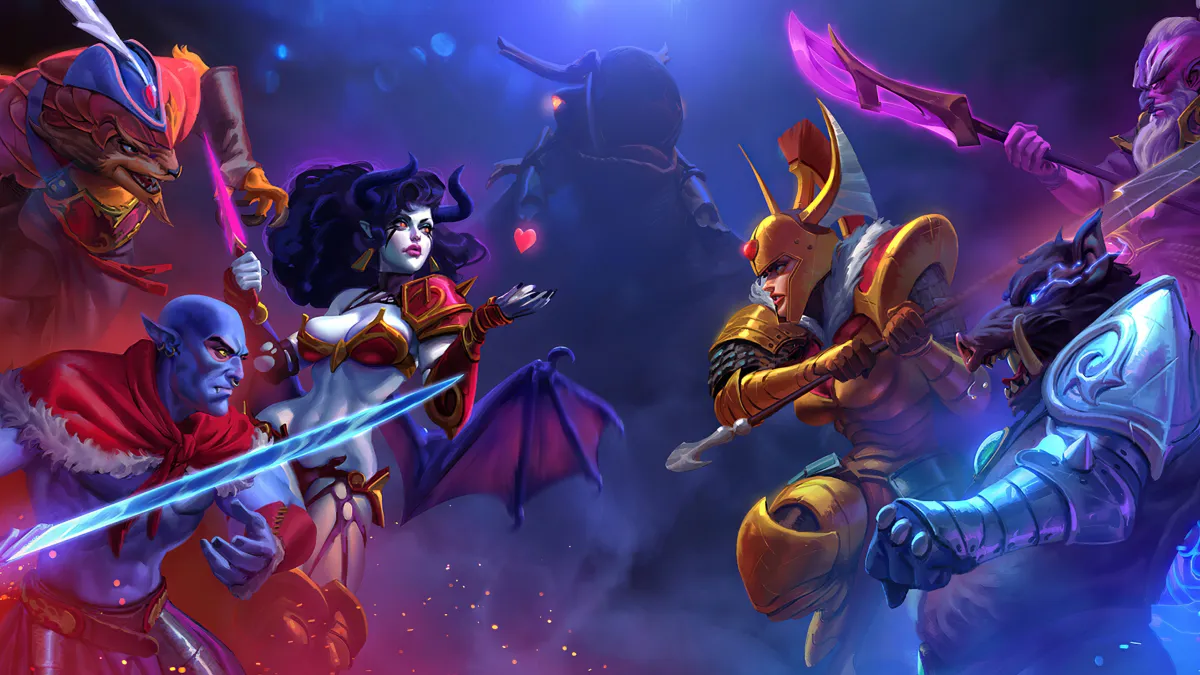5 Reasons Game Delays Affect Developers and Fans

Game delays — two words that can get a gamer groaning louder than when his Wi-Fi connection drops during a match. These delays have become so routine over the years that they may as well have their own holiday. But what causes them and what are the implications for both the makers and the enthusiasts who await the day of release? Let’s dive in.
Why Do Games Get Delayed?
Imagine baking a cake. You’re holding all the ingredients, the recipe is clear, but halfway through you realize you forgot the eggs. Game development is sort of similar to that — only instead of eggs it’s months of coding, testing and bug squashing.
Delays frequently occur because developers want to ensure the game functions as intended. And sure, a rushed release could mean getting the game in your lap by the expected time, but no one wants to wait month after the month for patches to fix broken game-play. (We see you, Cyberpunk 2077.)
The Developer’s Dilemma

For developers, a delay is a double-edged sword. Of course, they want to provide players with the best experience they can. On the flip side, when you delay a game you are essentially saying to a roomful of people who are starving, “Dinner will be ready in an hour… no, wait, I mean next month.”
It’s not an easy decision. Developers have deadlines, shareholders breathing down their necks, and, oh yes, the pressure of not disappointing millions of fans. With delay, sometimes the alternative is to package and distribute a hot mess. But hey, no pressure, right?
Related
Fans: Excited… and Angry

For fans, the news of a setback can be like the announcement that your favorite television show is going on break — for a year. It can be an agonizing wait, particularly if you’ve already pre-ordered the game or if you’ve cleared a whole weekend on your calendar to binge-play.
But let’s be real. Most video game players would prefer to wait several additional months for a flawless masterpiece than wind up with a software disaster. Naturally that hasn’t prevented social media from lighting up with memes, screeds and comments such as “I guess I’ll grow a beard while waiting.”
The Silver Lining
Believe it or not, delays can be welcome news. The more time developers take, the better end product that seems likely to be. It’s like waiting for a pizza to be done baking — yes, you are hungry, but who actually wants half-cooked pizza?
And you know, delays render us something to anticipate. This adds to the excitement, resulting in even greater hype when the time comes for an official release. Plus, it’s a great excuse to burn through that backlog of games (the ones you bought during last month’s Steam sale and never played).
A Funny Reality
Right about now, game delays are as much of a certainty that one friend who “needs a month to respond” to your texts. But maybe that’s okay. Because good things take time, and gaming is no different.
So the next time that a video game gets delayed, take a deep breath. Use it to rewatch a beloved classic, learn a skill, or just chuckle at the memes. Because by the time that long-anticipated game finally comes out, you won’t remember the wait at all — save for when the next delay is announced.
At the end of the day, it’s part of gaming. They’re not always fun, but they often yield better experiences for everybody. And who knows? Perhaps one day waiting for a game will seem like a minor cost for something truly special. Until then, we’ll all be marking the months… and checking Twitter for news.
FAQ
-
Games get delayed because developers want to ensure everything works smoothly before release. It’s similar to baking a cake – if you miss a crucial ingredient, like eggs, the result could be disastrous. Developers need time to fix bugs, optimize performance, and refine gameplay, avoiding the mistakes made by rushed releases like Cyberpunk 2077.



